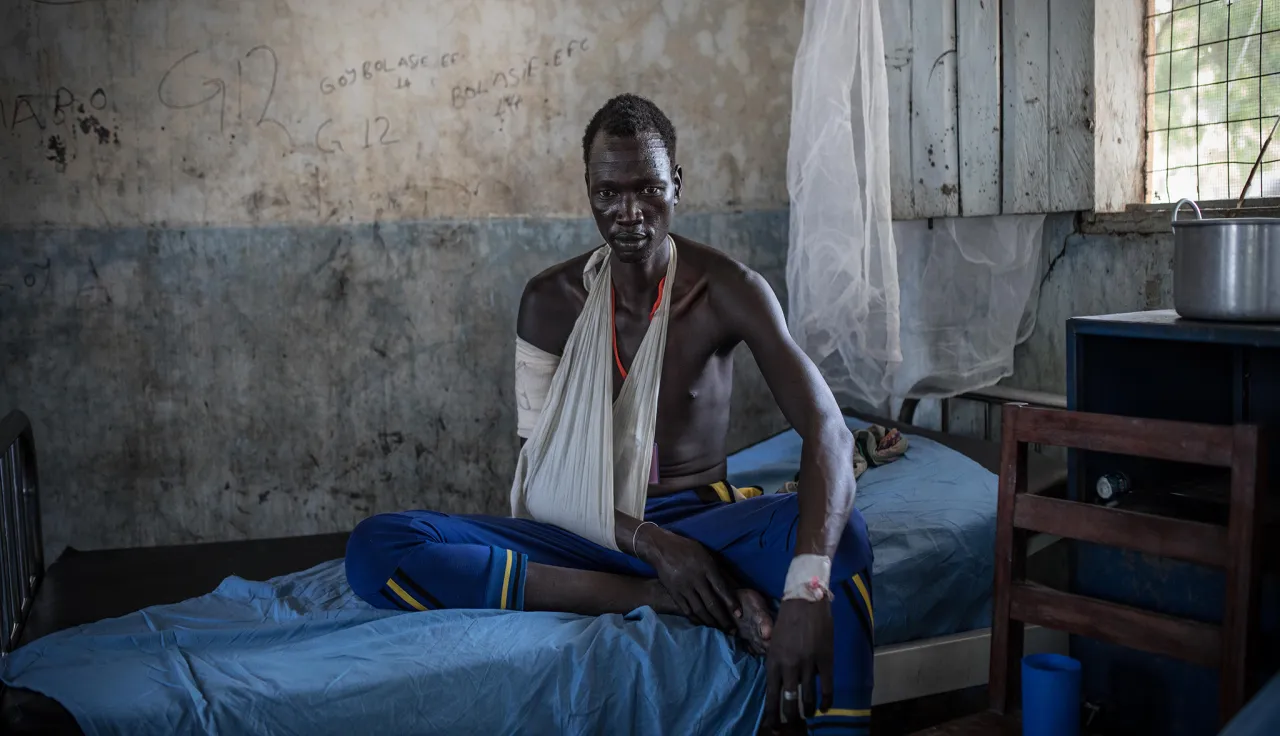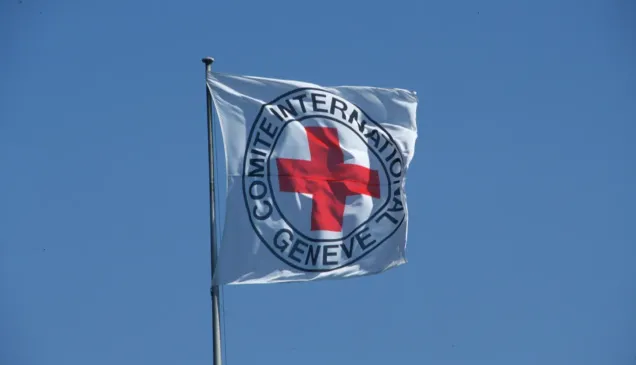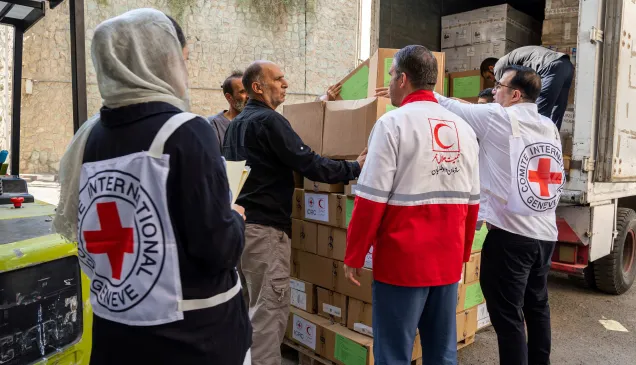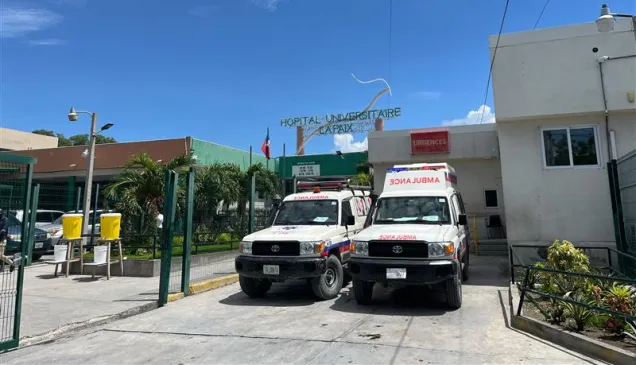Underscoring the scale of the violence is the fact that the International Committee of the Red Cross (ICRC) has provided surgical care to more than 9,000 weapon-wounded patients since the birth of the world's newest country in July 2011. In 2020, women and children comprised nearly a quarter of the patients treated by the ICRC.
Ten years after independence, South Sudanese struggle with scars of violence

Juba (ICRC) – The people of South Sudan have been battered by the ravages of conflict and armed violence during most of the first decade of the state’s existence.
A fragile healthcare system further weakened or destroyed by the violence is only one of the tragic consequences of the protracted crisis in South Sudan. A lack of food, prolonged and repeated displacements, and loss or separation from loved ones are some of the sad realities people continue to face.
Weapon-wounded patients often require complex and long-term treatment that goes beyond immediate surgical care. "These patients need physical rehabilitation to restore mobility. They, like many other victims of conflict and violence, also need mental health support. But the sad truth is that the majority of South Sudanese don't have access even to the most essential health services, let alone specialized care," said Ana Lucia Bueno, who supervises health programmes for the ICRC in South Sudan.
In remote areas of South Sudan, people die of preventable and treatable diseases, as access to primary healthcare remains difficult.
We do not have hospitals here. We have just lost a child in this home next to us. She fell very sick and died in the bush on the way while she was being taken to the nearest hospital
Nine per cent of children in South Sudan die before the age of five, according to World Bank data. Many people must walk for long hours, and sometimes even days, to reach the nearest health care practitioner, as only estimated 40 per cent of health care centers in South Sudan remain functional. Attacks against medical personnel and facilities, as well as limited number of health workers are some of the factors that contributed to this dramatic situation. In the past ten years, the ICRC provided almost 1.5 million consultations in the primary healthcare centers it supported.
About one in three South Sudanese are displaced from their home, and many lost livelihoods and the ability to provide for their families. To help families cope and rebuild livelihoods, over the past decade, the ICRC together with the South Sudan Red Cross (SSRC) distributed food to over 3.3 million people, vaccinated over 5.2 million heads of livestock and distributed seeds and agricultural tools to over 3 million people. It provided 130,000 phone calls to people separated from their families, registered over 6,000 missing people and helped clarify the whereabouts of almost 3,000 missing.
Climatic shocks and COVID-19 make it harder for communities that have lived through enormous suffering to restore their dignity and provide for themselves. The steps toward peace need to solidify into long term stability and security for families devastated by conflict and armed violence to be able to shape their own future.
For more information please contact:
Lucien Christen, Juba, +211 912 360 038, lchristen@icrc.org
Aidah Khamis Woja, Juba, +211 925 230 500, wajioaidahkhamis@icrc.org
Alyona Synenko, Nairobi, +254 716 987 265, asynenko@icrc.org



